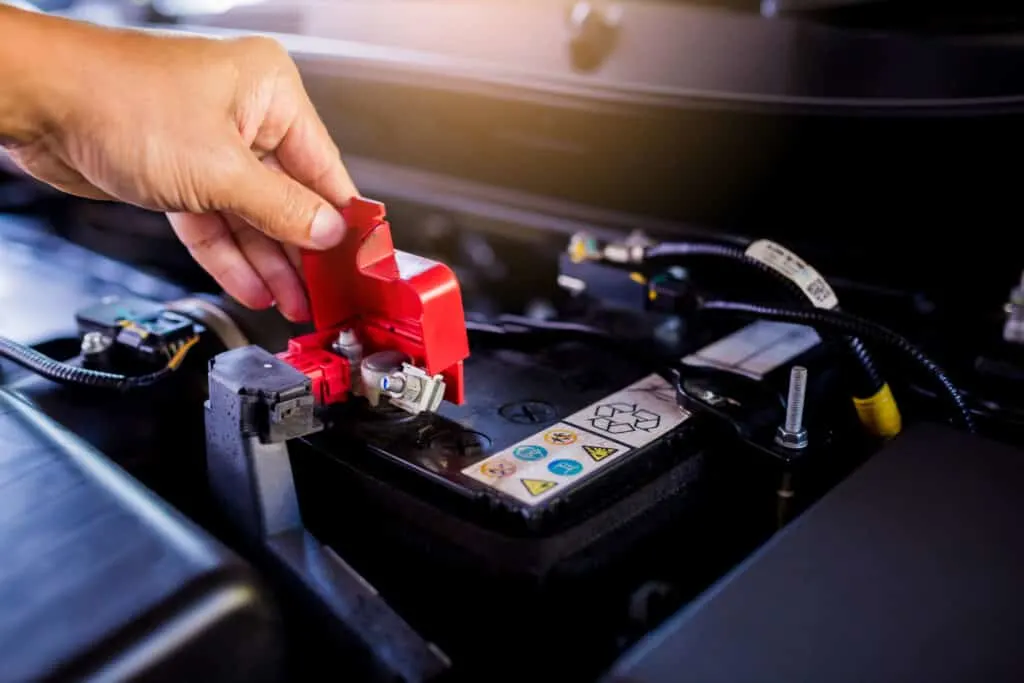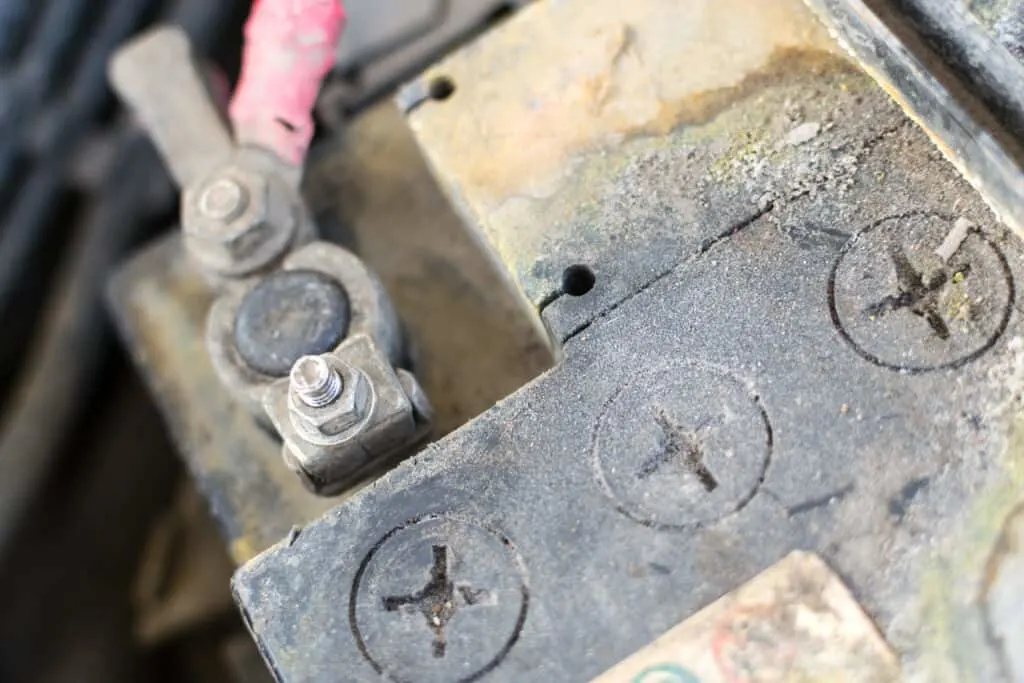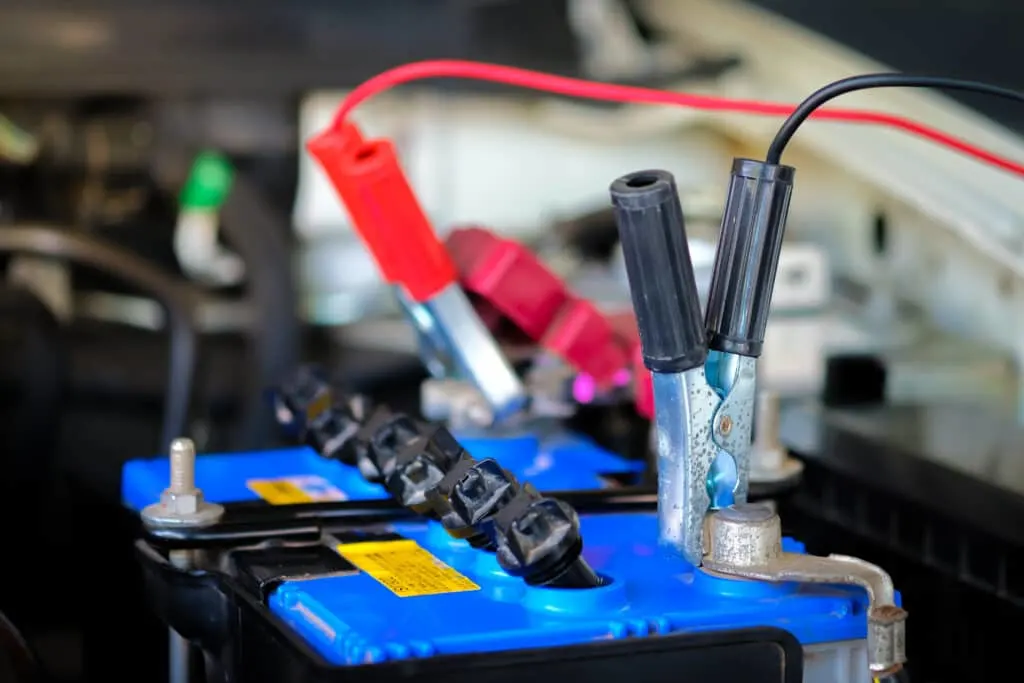One of the pains of car ownership is dealing with repairs. There are so many things that can go wrong with a car, and among those most common issues is dealing with dead or weak batteries. You may be asking yourself, “How often do I have to worry about this?”
The average life expectancy of a car battery is anywhere between 3-5 years. Some car owners have reported using their car battery for up to 10 years. Factors such as weather, maintenance, and inactivity can all affect the amount of time a car battery will last.
There is so much that goes into determining the life expectancy of your battery, and you obviously don’t want to spend your hard-earned money on needless repairs. To help you with this, we have put together some information to help you better understand how to prolong the life of your battery.
How to Prolong the Life of Your Battery
Prolonging the life of your battery is very important. After all, you can’t do anything with your car if it has a weak or dead battery.
Here are a few things that you can do to prolong its life and avoid having to buy a new battery:
- Secure hold down systems – Whenever there is a lot of vibration, it can cause your battery to break down, and this will significantly limit how much use you get out of your battery over time. Many new cars have very good hardware installed that helps you control the amount of vibration that your car is experiencing, but for many older cars, these systems have broken down and your car may start to have more vibration. It would be wise for you to look at your battery hold-down system and determine if it needs to be repaired or replaced.
- Charging system – This can play a huge role in the life span of your battery. many people have made the wise decision to invest in a charging system. These charging systems can be very helpful, but you must be careful not to under or overcharge your battery. Doing this can cause damage to the battery and will result in a significant loss of power.
- Avoid inactivity – One of the most common reasons that car batteries die is inactivity. Leaving your car for long periods of time without use can cause your battery to die—batteries that are not in use commonly have some kind of discharge. This is especially prevalent in older batteries that are more likely to have some kind of leak in the battery making it drain very quickly. Many cars have an internal charging system that will make up for any leaks or natural drainage coming from the battery, but the car must run for these systems to work. If you don’t use the car very often, it would be wise to at least start it every once in a while to make sure that the battery gets the support that it needs.
- Clean your battery – Corrosion is very common in the battery area, and it is important that it gets the attention it needs. There are many products out there designed to allow you to clean off your car battery, but you may also be able to find videos about household products that can be just as effective.

Signs it Is Time for a Replacement
Unfortunately for us, even if you are the most vigilant person ever and you take the best care of your battery, there is only a certain amount that a battery can do.
You will have to eventually replace your battery, even if you do all the things mentioned above. Here are some signs that may tell you its time for a new battery:
- Slow start – When you have a new battery, you likely noticed that the car started right up. If you notice that your car’s starting ability kind of drags on, then this could mean that there is a problem with your battery, and it either needs to be replaced or serviced.
- No start– This one should be pretty obvious. If your car does not start or you just hear a click when you turn the key, then that probably means your battery is dead. This does not always mean the battery needs replacing, but it is definitely something that you need to keep an eye on. Please remember that just because it starts when someone gives you a jump or you charge it, does not mean that there is not a bigger problem with your battery. It might be time for you to have your battery tested.
- Excessive corrosion – This is somewhat natural in your car’s battery, but if you start to notice that there is more acid or corrosion on top or around your battery, then that might mean you need to get it replaced.
- Rotten smell – Do you smell a rotten egg? This could be a sign that your battery is being overcharged, or there is some kind of internal issue that is causing your battery to be very unstable.

How Much Will It Cost to Replace?
Determining the price of a new car battery can be somewhat difficult. Different cars require different sizes and voltage amounts.
Buying batteries is most definitely a “you get what you pay for” type of purchase. It is possible to buy a battery for fairly cheap, ranging anywhere between $50-$70, but do not be surprised if that battery loses charge quickly and you end up having to buy another battery in a couple of years.
Some of the best batteries on the market range in price from $120-$250.
These higher-end batteries are generally made of higher quality materials meant to make your battery last longer.
If you have an older car that you plan on junking soon, it would probably be wise to go with the cheaper option, but if your car is a long-term option, put in the money. It will be worth it!
